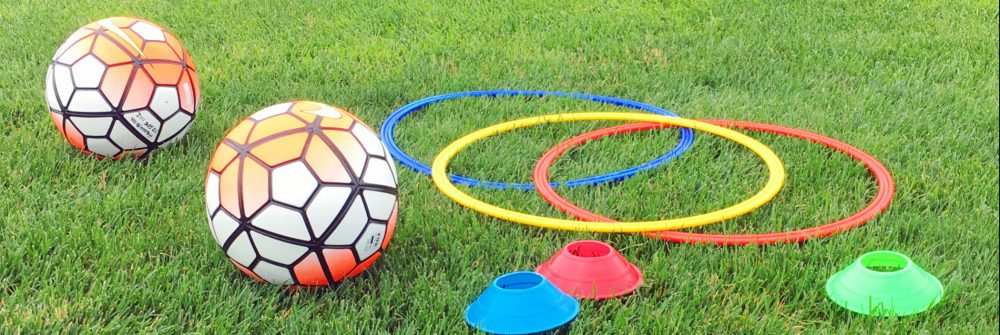The Importance of Self-Discipline in Sports and How to Develop Discipline
Introduction: Self-discipline is an essential quality for success in sports. It goes beyond natural talent and physical abilities, serving as the foundation for consistent progress, mental toughness, and achieving long-term goals. In this chapter, we will explore the significance of self-discipline in sports and provide practical strategies to develop and strengthen this crucial attribute.
The Significance of Self-Discipline:
- Consistency and Commitment: Self-discipline enables athletes to maintain consistent training routines and adhere to their goals and schedules. It ensures that they prioritize their sports activities and make necessary sacrifices to stay on track, even when faced with distractions or temptations.
- Mental Toughness: Sports require mental fortitude to overcome challenges, setbacks, and pressure. Self-discipline helps athletes stay focused, motivated, and resilient in the face of adversity. It allows them to push through discomfort, endure rigorous training sessions, and maintain a positive mindset.
- Goal Setting and Achievement: Discipline is fundamental to setting and achieving goals. It helps athletes break down their long-term objectives into manageable steps and stay dedicated to the process. By maintaining discipline, athletes can track their progress, adjust their strategies, and ultimately achieve their desired outcomes.
Developing Self-Discipline:
- Set Clear Goals: Define your short-term and long-term goals in sports. Make them specific, measurable, attainable, relevant, and time-bound (SMART). Clearly understanding your objectives will provide a sense of direction and purpose, motivating you to stay disciplined.
- Create a Routine: Establish a consistent training schedule and stick to it. Designate specific times for workouts, practice sessions, and rest. Following a routine will help you build discipline through regularity and make it easier to resist distractions or procrastination.
- Practice Delayed Gratification: Discipline requires resisting immediate gratification in favor of long-term rewards. Identify areas of your life where you tend to seek instant gratification and consciously choose to delay it. For example, instead of skipping training to go out with friends, prioritize your practice and reward yourself later.
- Stay Accountable: Find an accountability partner, such as a coach, teammate, or mentor, who can help you stay on track and hold you responsible for your commitments. Regular check-ins and feedback will help you remain disciplined and motivated.
- Embrace Challenges: Push yourself outside of your comfort zone and embrace challenges willingly. By willingly facing difficulties, you will develop mental resilience and strengthen your self-discipline. Engage in activities that require discipline, such as practicing in adverse weather conditions or participating in competitive events.
- Focus on Incremental Improvements: Break your larger goals into smaller, manageable tasks. Celebrate each small victory along the way, as this will keep you motivated and reinforce your discipline. Consistent progress, even if it’s incremental, leads to significant long-term achievements.
- Cultivate Self-Awareness: Reflect on your strengths, weaknesses, and areas for improvement. Self-awareness allows you to identify habits or behaviors that hinder your discipline. By recognizing these patterns, you can consciously work on changing them and develop stronger discipline.
Conclusion: Self-discipline is a vital attribute for athletes aiming for success in sports. It provides the foundation for consistency, mental toughness, and goal achievement. By setting clear goals, establishing routines, practicing delayed gratification, and staying accountable, athletes can develop and strengthen their self-discipline. Embracing challenges, focusing on incremental improvements, and cultivating self-awareness will further enhance this essential quality, paving the way for excellence in sports and beyond. Remember, discipline is not a destination but a lifelong journey, and with consistent practice, it can become a part of who you are as an athlete and as an adult. Starting with your sport is low hanging fruit and while it undoubtedly benefits performance, it is even more crucial for developing essential life skills that can profoundly impact every facet of your existence.
Follow this blog and on social media, @coachrich8 on Instagram, Facebook, and Twitter to learn critical life skills through youth sports. Stay tuned for more “Secret Sauce for Youth Athletes”.
Get the 3rd Edition of “The Battle Plan for Youth Athletes” Goal tracking and Daily Journal – establish daily/weekly routines to give youth athletes a competitive advantage. Available at Amazon.
